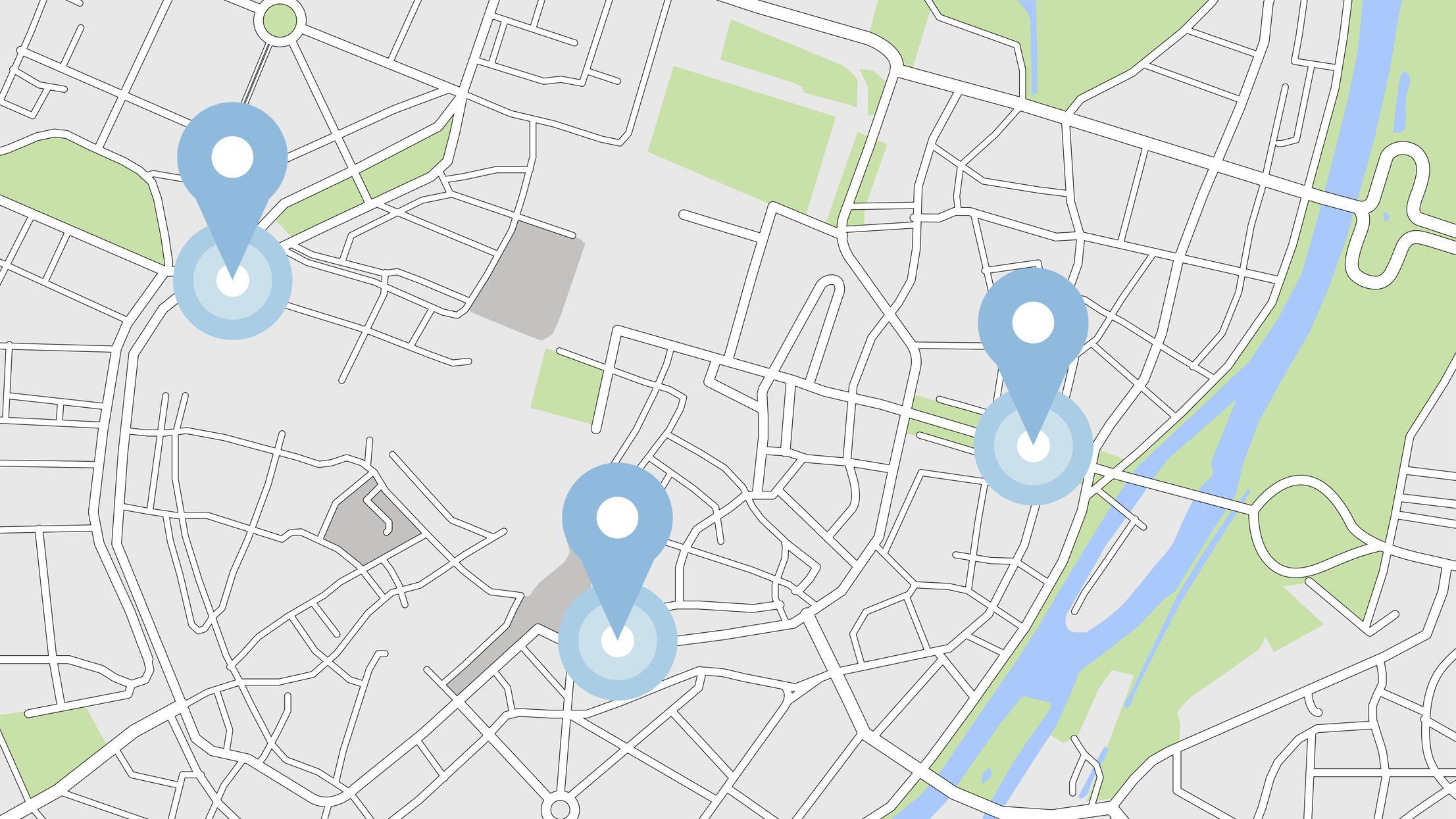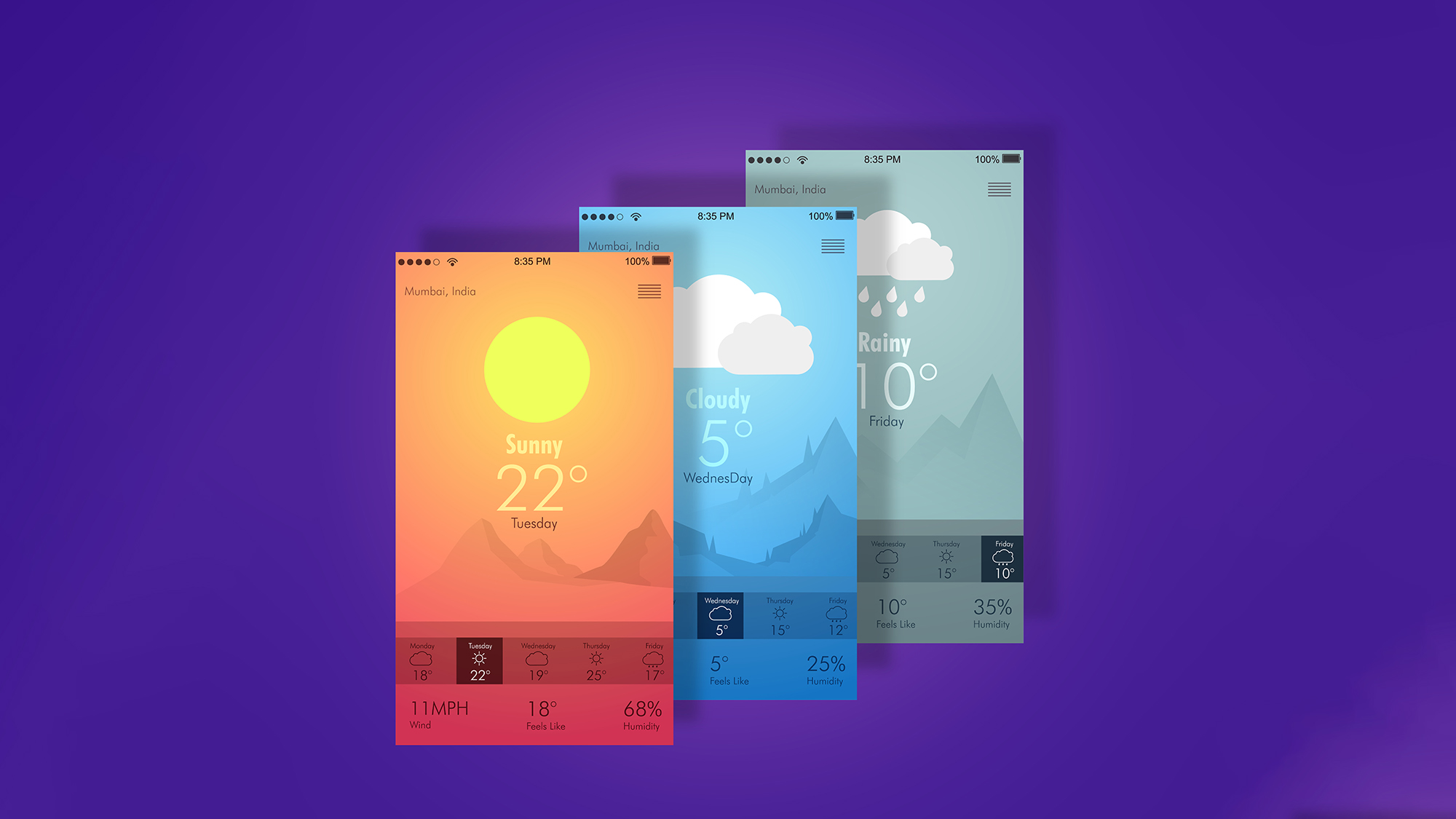NHS ‘locked in standoff’ with Big Tech over coronavirus app
The government wants a centralised view of contacts but Apple and Google’s API favours a decentralised model


The fate of the UK government's coronavirus contact tracing app, set to be powered by Google and Apple technology, has been cast into doubt in light of a row over who can access the data.
The iOS and Android developers are working together to develop an API which healthcare organisations across the world are relying on to build their apps, including the NHS.
However, original plans set out by NHSX over such an application involved the creation of a centralised database of interactions so officials can harness a full view of the frequency of contacts, according to the Guardian.
However, it has emerged that this fundamentally differs from the nature of the API being developed by Google and Apple, which is designed to work in a decentralised manner.
Apps developed using this API will only notify individual users when they may have been in touch with a coronavirus sufferer, as opposed to feeding these data points into a centralised view.
Earlier this week it was reported the NHS was seeking to build its app using the API due to a host of features included that would be otherwise difficult to code from scratch in time for when lockdown measures are partially lifted.
The key mechanism involves using Bluetooth communications between users to determine when people interact. Amber notifications would be sent out to contacts of people who self-diagnose with coronavirus, and red alerts for positive tests.
Get the ITPro daily newsletter
Sign up today and you will receive a free copy of our Future Focus 2025 report - the leading guidance on AI, cybersecurity and other IT challenges as per 700+ senior executives
One of the key features critical to the app's proper functionality was ensuring the app could be “always-on”, and broadcast Bluetooth signals even when a user’s device is asleep and the app is inactive.
The contrast between the UK government’s ambitions for a centralised database, and the decentralised nature of API being developed by Google and Apple, however, has created a standoff situation.
This may force NHSX to change its approach, or follow in the steps of Singapore and go it alone by building its contact tracing app before tech giants finish developing their blueprints, according to the newspaper.
Abandoning Google and Apple’s API, however, might mean compromising on functionality or UI design, which would render the app less desirable. Singapore, for example, has only registered 12% of its population to its tracing app.
This would be catastrophic for the prospects of using a contact tracing app to ease lockdown, with BBC News reporting the NHS is targeting 80% of current smartphone users in order for the app to be effective.
IT Pro approached NHSX for clarification on its plans and its position, although a spokesperson for the health service’s digital arm denied suggestions of a standoff to the Guardian.
“This suggestion is completely wrong,” they added. “Everyone is in agreement that user privacy is paramount, and while our app is not dependent on the changes they are making, we believe they will be helpful and complementary.”

Keumars Afifi-Sabet is a writer and editor that specialises in public sector, cyber security, and cloud computing. He first joined ITPro as a staff writer in April 2018 and eventually became its Features Editor. Although a regular contributor to other tech sites in the past, these days you will find Keumars on LiveScience, where he runs its Technology section.
-
 CISA issues warning in wake of Oracle cloud credentials leak
CISA issues warning in wake of Oracle cloud credentials leakNews The security agency has published guidance for enterprises at risk
By Ross Kelly
-
 Reports: White House mulling DeepSeek ban amid investigation
Reports: White House mulling DeepSeek ban amid investigationNews Nvidia is caught up in US-China AI battle, but Huang still visits DeepSeek in Beijing
By Nicole Kobie
-
 Microsoft hikes Bing Search API prices to “reflect technology investments”
Microsoft hikes Bing Search API prices to “reflect technology investments”News Microsoft cited recent high-profile investments in Bing as justification for the price increases
By Ross Kelly
-
 Google Play to trial alternative billing system in 'app store first'
Google Play to trial alternative billing system in 'app store first'News Trial follows new law in South Korea preventing big app operators from forcing developers to use their platform’s payment systems
By Zach Marzouk
-
 Google launches fleet management solutions for last-mile deliveries
Google launches fleet management solutions for last-mile deliveriesNews The tech giant’s new logistics tools allow for end-to-end optimization of the delivery process
By Praharsha Anand
-
 Nikulipe: Has COVID democratised online payments?
Nikulipe: Has COVID democratised online payments?Case Studies With more customers forced to buy online, are merchants offering the right ways to pay?
By Elliot Mulley-Goodbarne
-
 Infostretch and INDIASHIELD partner to resolve COVID crisis in India
Infostretch and INDIASHIELD partner to resolve COVID crisis in IndiaNews Infostrech’s support platform aids INDIASHIELD’s emergency healthcare
By Praharsha Anand
-
 How to code a weather app in React
How to code a weather app in ReactTutorials Ace your next technical interview with this versatile starter project
By Jessica Cregg
-
 Why video conferencing is so tiring and what you can do about it
Why video conferencing is so tiring and what you can do about itIn-depth You’re not alone if you find video meetings far more tiring than the real thing
By Simon Hudson
-
 A new age of asset management
A new age of asset managementIn-depth Can migrating a business’ Active Directory to the cloud become a core resource as the consumerisation of tech continues?
By David Howell